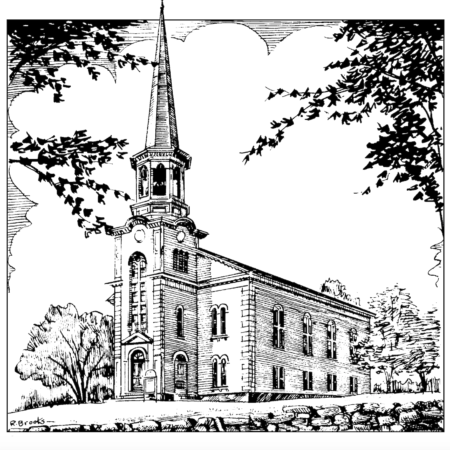Hidden Potential
Exodus 17:1-7
17From the wilderness of Sin the whole congregation of the Israelites journeyed by stages, as the Lord commanded. They camped at Rephidim, but there was no water for the people to drink. 2The people quarreled with Moses, and said, “Give us water to drink.” Moses said to them, “Why do you quarrel with me? Why do you test the Lord?” 3But the people thirsted there for water; and the people complained against Moses and said, “Why did you bring us out of Egypt, to kill us and our children and livestock with thirst?” 4So Moses cried out to the Lord, “What shall I do with this people? They are almost ready to stone me.” 5The Lord said to Moses, “Go on ahead of the people, and take some of the elders of Israel with you; take in your hand the staff with which you struck the Nile, and go. 6I will be standing there in front of you on the rock at Horeb. Strike the rock, and water will come out of it, so that the people may drink.” Moses did so, in the sight of the elders of Israel. 7He called the place Massah and Meribah, because the Israelites quarreled and tested the Lord, saying, “Is the Lord among us or not?”
Historical Context
One hundred hours. That’s the oft-cited statistic for how long a human body can typically survive at “average” temperatures without access to water. Today’s Sinai Peninsula averages 82° Fahrenheit in May and 91°F in June. For those same months, average high temperatures are 95°F and 104°F respectively.1 In such extreme heat and with exposure to sun, the timeline for survival shortens considerably. Claude Piantadosi writes: “At 90°F survival time with limited activity easily can be decreased by a factor of two.”2
Theme: Hidden Potential
The occasion for this Exodus 17 text is the third such crisis for Israel on its wilderness journey (see Exodus 15:22-27 and 16:1-36 for the first two times). Once again, the people complain about their suffering; in this situation, there was no water for them to drink.
In response to this crisis, God does not create water for the people out of thin air, nor is the natural order disrupted. Water does in fact course through rock formations and so it is a matter of finding the places of flowing water. The actions of both God and Moses enable their hidden potential to surface. God works in and through the natural world to provide water for the people. So, one might speak of divine providence in the world of God’s creation; God leads Moses to help that is available in the world of nature.
God has created the world in such a way that it has healing capacities in and through which God can work in positive ways.


0 Comments